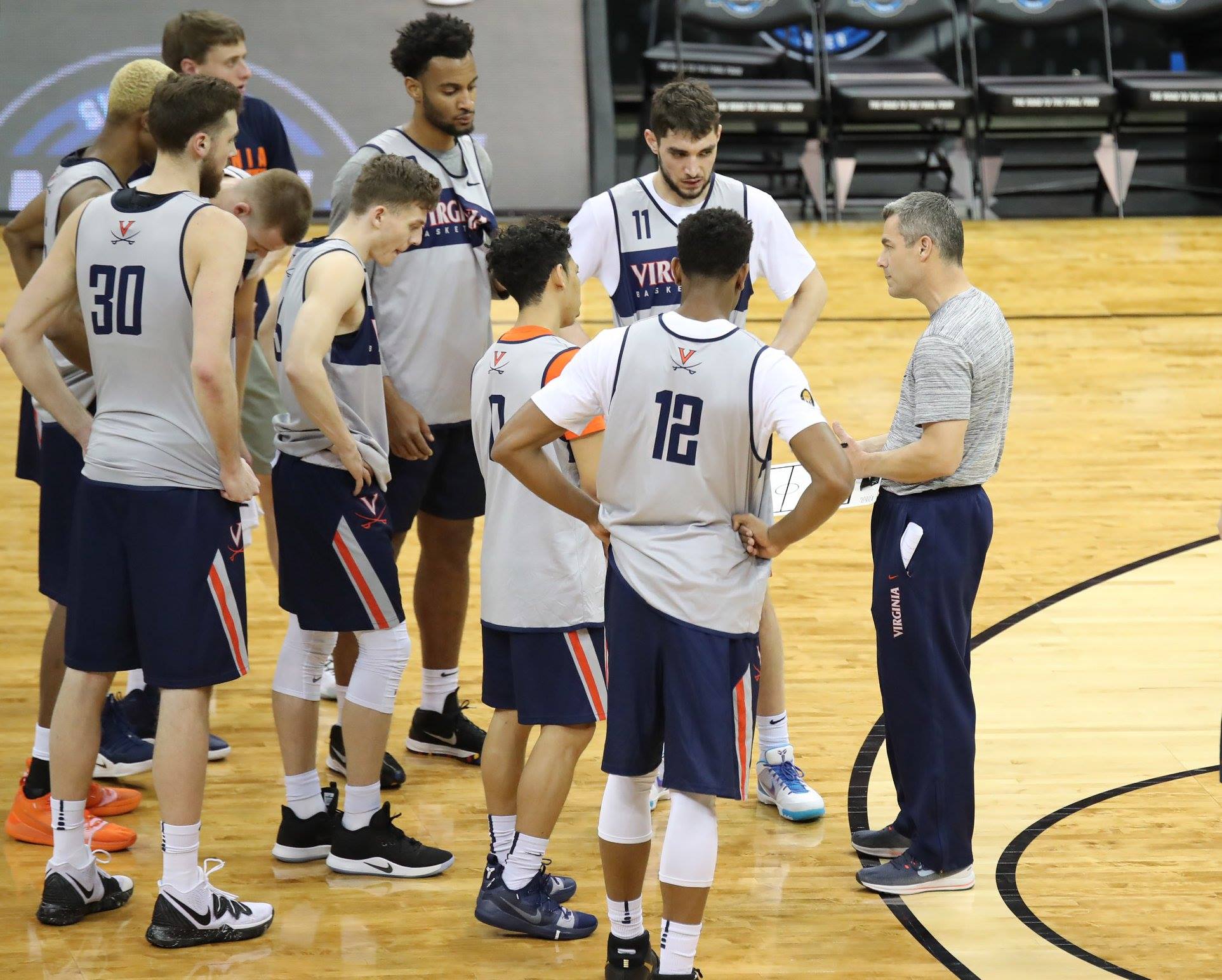Basketball: Morning vs. Afternoon Training
 March Madness has jumped into April for UVA basketball fans! For the science behind stellar athletic performance, Arthur Weltman shares his study: “Comparing Performance During Morning vs. Afternoon Training Sessions in Intercollegiate Basketball Players.” Mr. Weltman is Professor and Chair, Department of Kinesiology in the Curry School of Education and Human Development; Professor, Department of Medicine; and Director, Exercise Physiology Core Laboratory at the University of Virginia.
March Madness has jumped into April for UVA basketball fans! For the science behind stellar athletic performance, Arthur Weltman shares his study: “Comparing Performance During Morning vs. Afternoon Training Sessions in Intercollegiate Basketball Players.” Mr. Weltman is Professor and Chair, Department of Kinesiology in the Curry School of Education and Human Development; Professor, Department of Medicine; and Director, Exercise Physiology Core Laboratory at the University of Virginia.
The following excerpt is from the article: “Comparing Performance During Morning vs. Afternoon Training Sessions in Intercollegiate Basketball Players” by Aaron D. Heishman, Michael A. Curtis, Ethan N. Saliba, Robert J. Hornett, Steven K. Malin, and Arthur L. Weltman; The Journal of Strength and Conditioning, Volume 31, Number 6, June 2017. To read the complete study, including methods, results, and practical applications, click here.
INTRODUCTION
Time of day is a key factor that influences the optimization of athletic performance. Intercollegiate coaches oftentimes hold early morning strength and conditioning training sessions for a variety of factors including convenience. However, few studies have specifically investigated the effect of early morning vs. late afternoon training on performance indices of fatigue. This is athletically important because circadian/ultradian rhythms, player readiness, and alterations in sleep patterns can affect training ability and may be affected by time of day.
For example, technical skills are enhanced during the afternoon, such as improved juggling, chipping accuracy, and dribbling speed in soccer (18,19). In addition, it has been reported that increasing sleep duration is associated with improvement in technical skills and performance in basketball players (14). In addition, decrements in sport performance in swimmers have been observed with slower swimming speeds in the morning compared with the afternoon (4,12,15).

Although time of day is often taken into consideration when sport-specific training is performed, strength and conditioning sessions are oftentimes conducted throughout the day. Muscular strength and outcome variables associated with strength may also be affected by time of day as isolated knee torque exercises (8,24,29) and dynamic sport performance tests (5,20,27,28) have also been reported to be greater in the afternoon compared with the morning.
The purpose of the present study was to examine the effects of morning vs. afternoon strength and conditioning training on an acute performance index of fatigue, player readiness, and self-reported sleep quantity in a group of highly competitive intercollegiate basketball players. In addition, we matched training sessions for player load (PL) and duration to isolate the effect of time of day on player readiness and performance outcomes. We hypothesized that afternoon training sessions would be associated with increased levels of performance, player readiness, and increased quantity of self-reported sleep.
Read Mr. Weltman’s complete study, including methods, results, and practical applications.
- How to Win a Presidential Debate (or At Least Not Lose One)
- One Researcher’s Community-Based Research in Partnership with Members of an Indigenous Nation
- Not another reading list
- UVA Club of Washington DC: Kickoff to College
- UVA Club of Washington DC: How to Handle Disappointing Grades
- UVA Club of Baltimore: Monthly Virtual UVA Committee Meetings